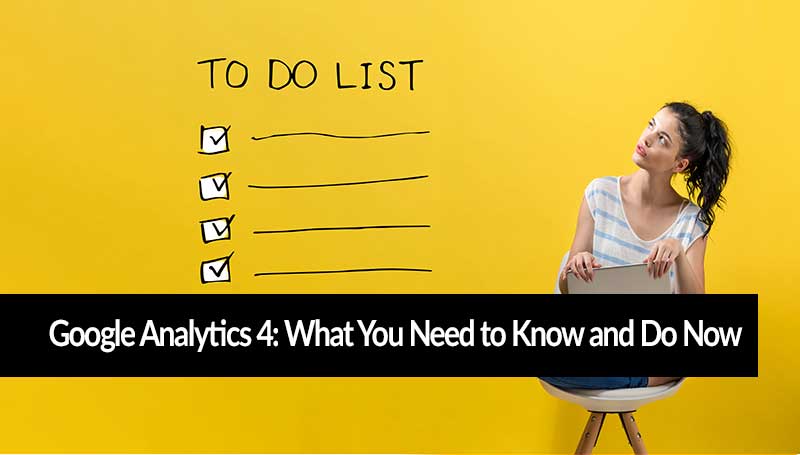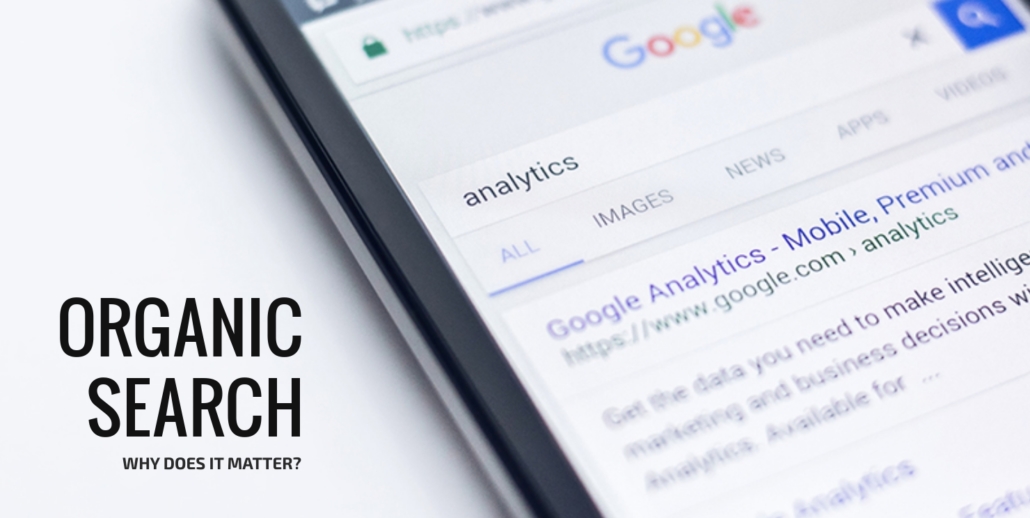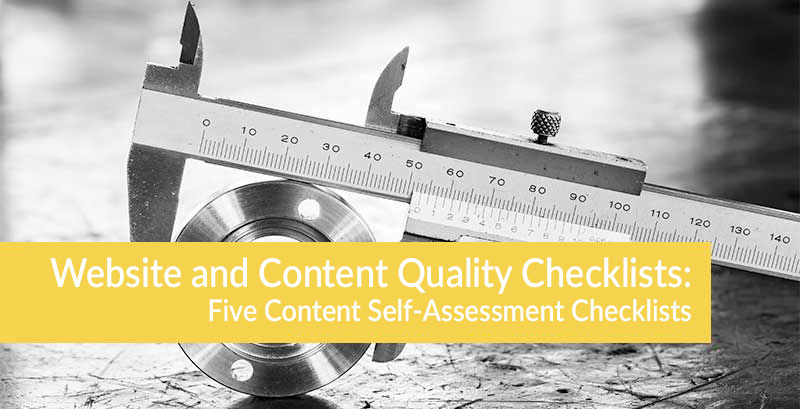The information you need to make the move to Google Analytics 4
Google is sunsetting Universal Analytics on July 1, 2023. You need to switch from Universal Analytics to Google Analytics 4 now.
2023 may seem far away – but in terms of historical data, it’s not a lot of time. One of the real values of analytics is your historical data. Because Google is dropping Universal Analytics, you will lose access to valuable year-over-year data.
The sooner you switch to Google Analytics 4, the better it is for your company, clients, SEO and search strategy, and customer insights.
Here is what Google says about moving to Google Analytics 4:
Make the move over to Google Analytics 4 as soon as possible to build the necessary historical data before Universal Analytics stops processing new hits.
If Google says you need to do something – you need to do it!
Google really wants you to make the move to Google Analytics 4 now:
We strongly encourage you to make the switch to Google Analytics 4 as soon as possible.
Doing so will allow you to build the necessary historical data and usage in the new experience, preparing you for continuity once Universal Analytics is no longer available.
Keep reading to learn:
- What Google Analytics 4 is
- Why you need to move to Google Analytics 4
- How to move to Google Analytics 4
What is Google Analytics 4?
Google Analytics 4 (GA4) is an analytics service used to measure your website and app traffic and engagement. Previously known as App + Web, this new analytics service is designed to address how people use the Internet and what we expect from the Internet.
- Cross platform: GA4 is designed to give you a customer-centric measurement of traffic and engagement, showing you how people interact with you across multiple devices and platforms. This gives you a clear understanding of customer journeys.For example, you can see if customers first discover your business from an ad on the web, then later install your app and make purchases there.
- Privacy concerns: people care about their digital data – who has it, how it’s being used, where it’s being stored, and what it says. GA4 uses machine learning and statistical modelling to track events rather than cookies and no longer stores IP addresses.…help you respond to rising consumer expectations, regulatory developments, and changing technology standards for user privacy. With a new approach to data controls, you can better manage how you collect, retain, and use your Analytics data. More granular controls for ads personalization let you choose when to use your data to optimize your ads and when to limit your data use to measurement.
- Personalization: people expect websites, apps, and online services to be responsive to their needs. To support this, GA4 gives you real-time feedback and easier to use marketing data, so you can provide the right type of personalization at the right time and place.For example, you can see what channels are driving new customers in the user acquisition report, then use the engagement and retention reports to understand the actions these customers take, and whether they stick around, after converting.
Read more from Google about Google Analytics 4:
- Introducing the new Google Analytics
The new Google Analytics will give you the essential insights you need to be ready for what’s next. - Prepare for the future with Google Analytics 4
… Google Analytics 4 operates across platforms, does not rely exclusively on cookies, and uses an event-based data model to deliver user-centric measurement. …Google Analytics 4 is designed with privacy at its core to provide a better experience for both our customers and their users.
Why Do I Need to Move to Google Analytics 4?
You need to move to Google Analytics 4 because data matters. Your historical data and real-time data about how people see and use you across platforms is critical to giving people what they want where they want it and when they want it.
Yes, we know that Google is not sunsetting Universal Analytics until July 1, 2023. But when it comes to your historical data you need act now.
Google wants you to be proactive.
They’re giving you lots of notice and they emphasize this key fact about July 1, 2023, and your historical data:
All standard Universal Analytics properties will stop processing new hits on July 1, 2023, and 360 Universal Analytics properties will stop processing new hits on October 1, 2023. After that, you’ll be able to access your previously processed data to Universal Analytics for at least six months.
Make the move over to Google Analytics 4 as soon as possible to build the necessary historical data before Universal Analytics stops processing new hits.
What this means in plain language is: if you don’t move to GA4 now, there is a very strong potential you will lose your historical data.
This historical data is important for understanding customer trends and habits and making decisions about your SEO and search strategies.
To ensure you have this historical year-over-year data you need to move to GA4 before July 1, 2022 – this gives you a year or more of data before Google’s July 1, 2023, Universal Analytics phase out deadline.
Do not risk losing valuable insights and data – this will have big impacts on your marketing and sales goals. Make the move to GA4 now.
How to Get Started with Google Analytics 4
To get started with Google Analytics 4 and move away from Universal Analytics, use these guides and resources from Google and other websites:
- Get Started with Google Analytics 4
- If you’re new to GA4, learn how to create an account and set up a GA4 property.
- If you have a Universal Analytics property, learn how to add a GA4 property to your existing setup.
- If you use a website build platform and a “UA-“ ID, learn how to use GA4.
- Use the GA4 Setup Assistant
- Access the GA4 Setup Assistant from the Admin page of your Universal Analytics property.
- Setup Assistant links to tools to help you finish setting up your GA4 property.
- Find your way around GA4
- Get comfortable with the new GA4 user interface.
- Google Analytics 4 migration guide
- Detailed Google resource explaining everything you need to know about using GA4 and making the move to GA4 from Universal Analytics.
- Get to know Google Analytics 4: A complete guide
- Learn the best ways to use GA4 reports.
Hint: most companies and brands rely on SEO and Google experts like us to make the move to GA4 for them.
We can help you set up GA4 and learn how to use GA4 to understand your data. In fact, we’re doing this right now for our clients.
Do you have questions about GA4, your Google analytics data, or how to use this data to help you rank higher in Google and meet your sales and marketing goals?
Contact us – we specialize in organic search, paid search marketing, and content strategy for brands. We are experts at using real data to define custom search engine optimization strategies that get you ranking on page one of the Google search results.
About the author
Kayla Heigelmann is the Director of SEO at Know Agency. As the Director of SEO, Kayla leads the development and execution of client strategy to deliver organic presence and online success. Kayla guides clients through all aspects of the SEO lifecycle, from keyword research to site audits, and aims to educate those new to the digital community. Kayla holds a Bachelor’s Degree in Journalism from one of the nation’s top journalism schools, Ohio University’s E.W. Scripps.



